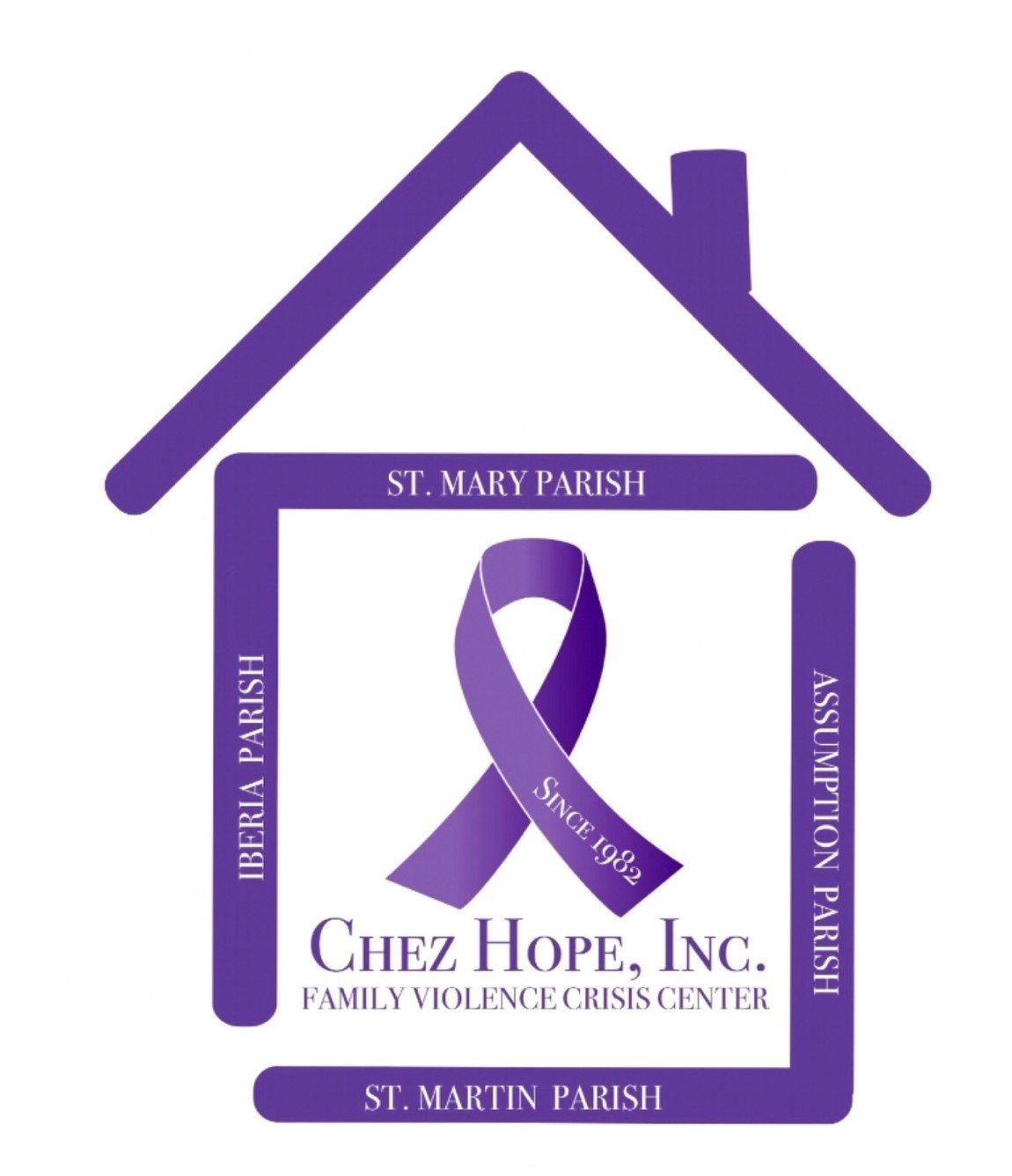Emergency Services
-
24 HOUR CRISIS LINE
Chez Hope maintains a 24 Hour Crisis Line, 7 days a week 365 days a year. Chez Hope is also linked to the Louisiana State Domestic Violence Crisis Line that connects the caller to the Chez Hope Crisis Line.
Only qualified trained advocates answer the crisis line and respond to the caller’s needs/emergency. All Chez Hope advocates are trained in answering a crisis line as part of their initial staff training curriculum and receive on-going additional training as provided.
-
EMERGENCY SHELTER – SAFE PLACEMENT
Chez Hope maintains an emergency shelter with seven separate living units totaling 24 beds.
The emergency shelter is housed in the agency’s primary location in the city of Franklin in St. Mary parish.
-
Emergency Shelter
Access to the emergency shelter facility is 24 hours a day. The emergency shelter is also staffed 24 hours a day and maintains a sophisticated alarm system for security purposes with multiple cameras placed around the building to assure safety.
It is the policy of Chez Hope to have one family per unit for privacy. However, when emergencies occur, Chez Hope may place a second family in the unit until alternative housing is obtained or alternative emergency shelter is obtained.
-
Safe Placement
In the event the emergency shelter is at capacity and a sister program is unavailable, Chez Hope will house a survivor and their family in a local motel until alternative shelter can be found. This also includes male survivors.
-
CRISIS INTERVENTION
All of the Chez Hope staff are trained in Crisis Intervention with an approved curriculum from LCADV and compatible to DCFS’s Standards on Quality Assurance.
The philosophy and case management style of Chez Hope is that survivors of domestic violence do not need mental therapy/professional counseling but rather need an empowerment based option counseling, trauma informed care and general education on domestic violence. Survivors are encouraged to make their own decisions with the Chez Hope staff assisting with the mobilization of resources and choices.
-
INDIVIDUAL SAFETY PLANNING / LETHALITY ASSESSMENT
All survivors entering the program, either through the crisis line or in person, receive an immediate individual safety plan. Safety planning includes a lethality assessment to determine the survivor’s immediate level of danger. The plans/assessments are documented on a crisis sheet and/or the survivor intake form.
Safety planning is processes that is continuous during the survivor’s shelter stay or while the survivor is receiving non-residential services, especially at periods of increased risk, such as going to court, filling court documents, or any strategic move by the survivor or perpetrator.
-
EMERGENCY FOOD AND SUPPLIES
Chez Hope provides food and supplies to the survivors while they are residing in the Emergency Shelter.
All units are stocked with food upon entrance to the unit. Weekly food supplies are provided as needed. Additionally, the survivor may use their SNAP benefits to supplement food needs.
Chez Hope maintains a variety of donated items such as children’s clothes, personal care items, diapers, baby formula, and women’s clothes and for survivors to access whenever they are in need.
Chez Hope maintains “My Sister’s Closet” which is a donation center of clothes, shoes, coats, etc.
Chez Hope does not limit any survivor on the number of times they can access the donated items.
-
EMERGENCY TRANSPORTATION
Due to the large geographical service area of Chez Hope and the community’s lack of public transportation, Chez Hope maintains multiple agency vehicles to transport survivors.
During business hours, when necessary, the Chez Hope advocates may transport survivors to and from the Emergency Shelter. Advocates request police escort if the pick-up location of the survivors deems unsafe.
After hours and on weekends the Chez Hope shelter / crisis line advocates make every attempt to arrange emergency transportation through the local sheriff’s department to coordinate the survivor transportation to the Shelter. However, in the event the survivor does not want law enforcement involved in their transportation and/or the situation/location of the survivor is deemed safe, the on-call advocate will pick up the survivor.
Chez Hope will coordinate with community partners to purchase bus tickets if a survivor needs to relocate to another city, shelter or out of state.
